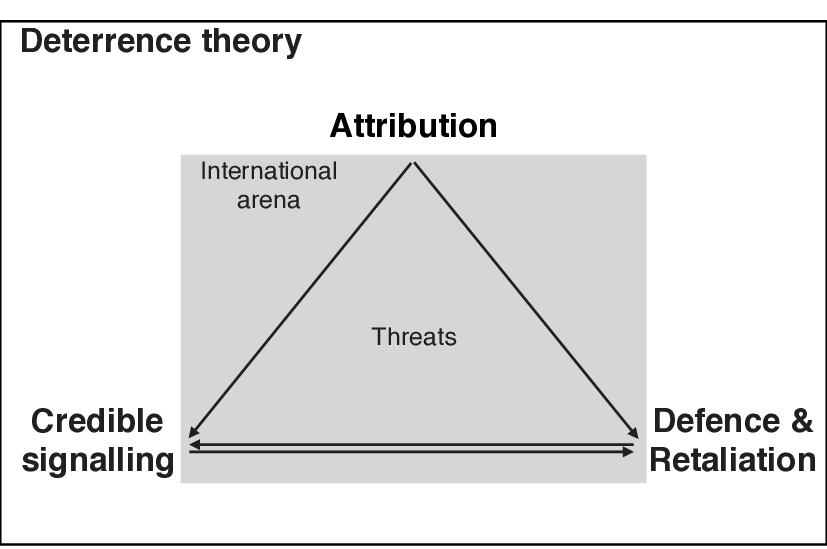Deterrence theory: how people don’t commit crimes out of fear of punishment
Jun 13, 2023
This essay explains deterrence theory and how it affects people's behavior. Deterrence theory states that individuals will not commit a crime because of the fear of punishment. The fear of punishment can come from the threat of incarceration, fines, or other penalties for committing a crime. This fear is intended to keep people from breaking the law in order to avoid any criminal repercussions.
In order for deterrence theory to be effective, there must be an understanding that if an individual commits a crime they will be punished severely for their actions. When potential criminals consider whether or not to commit a crime, they must weigh the risks associated with breaking the law versus the benefits they would receive from doing so. If the risks outweigh the benefits, then they are less likely to go forward with the crime.

The effectiveness of deterrence theory can be seen in studies that have been conducted on recidivism rates. Recidivism is when a person commits another crime after they have already been convicted of one and served their sentence. Studies have shown that recidivism rates decline when an individual believes there are consequences for breaking the law, demonstrating the deterrent effect of punishment.
Deterrence theory has helped reduce crime by making potential criminals aware that if they commit a crime there will be serious repercussions for their actions. By understanding this concept, people are more likely to think twice before committing a criminal act and thus are less likely to do so out of fear of punishment. Thus, deterrence theory has proven to be an effective way of deterring crime.
Ultimately, deterrence theory shows that people are less likely to commit a crime when they understand the consequences associated with doing so. By instilling a fear of punishment in potential criminals, governments can reduce crime and help keep communities safer. Deterrence theory is an important concept in understanding criminal behavior and how it can be managed more effectively.
Deterrence theory also has implications for the way laws are enforced and punishments are applied. It is important for judges to provide fair but harsh punishments for those who break the law as it may serve as a deterrent for future crimes.
